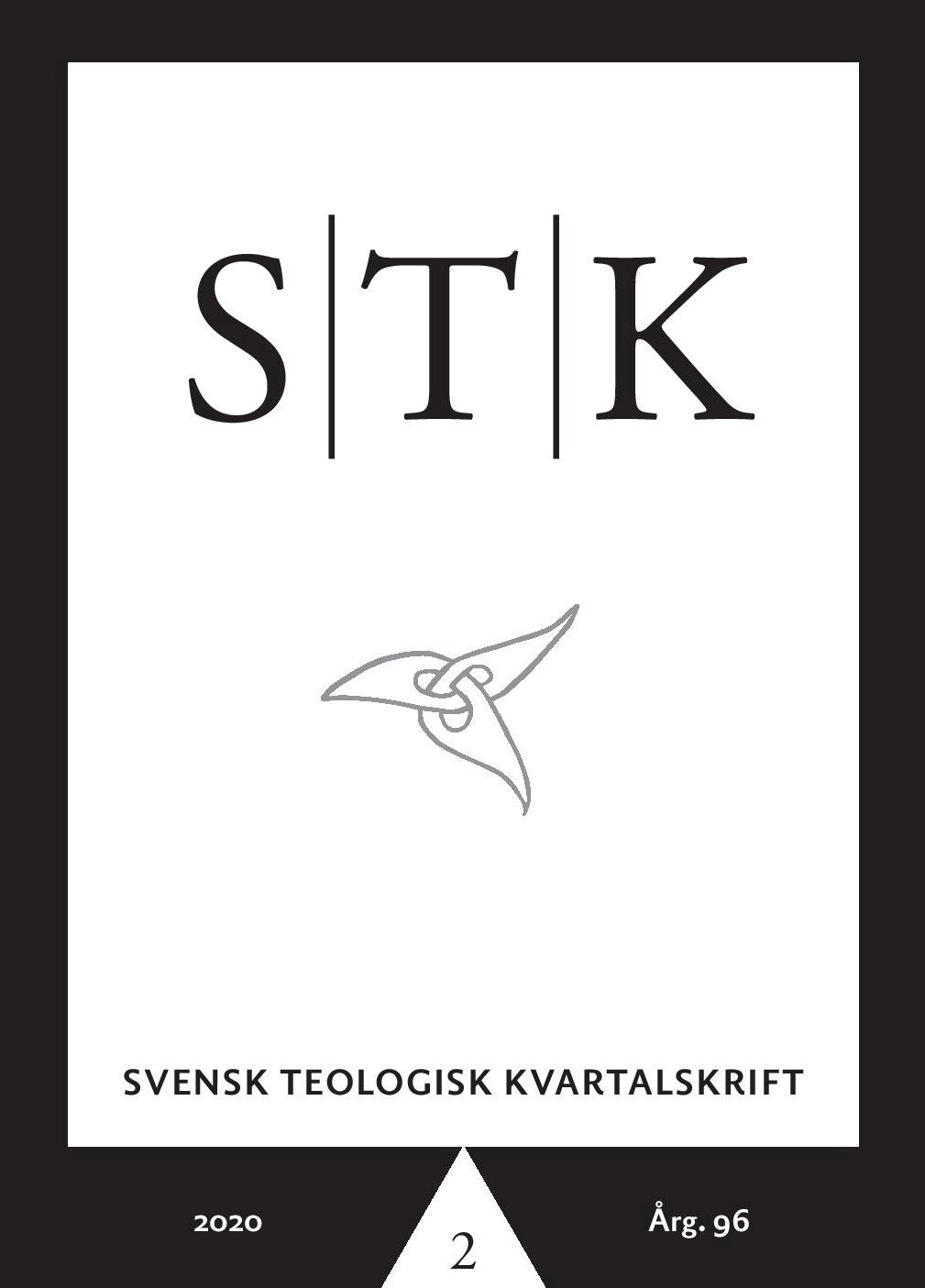Kyrkan och kampen för ett bättre samhälle
En alternativ historia
Abstract
Dissenter Protestantism and Pietist and revivalist movements have played an important, but seldom recognized, role in the emergence and development of an independent civil society, democracy, religious freedom and freedom of expression, the struggle against slavery, and the feminist movement. The article begins with the example of the Oberlin community and College in Ohio and then focusses on the emergence of dissenter Protestantism in seventeenth-century England, its continuation in the US, and similar developments in places like Germany, Sweden, and South Africa. The article also shows how effects of this history are reflected in quantitative studies undertaken within the social sciences. Using theories from sociology, moral psychology, and other behavioural sciences, it is argued that this social role of dissenter Protestantism is an effect of a complex combination of theology, practices, and institutions together with specific historical circumstances. The theology is not unique, but the emphasis on following Jesus Christ and sanctification is important. Other factors include the role of friendship and thick social networks, a relative egalitarianism, a certain distance and independence from dominant institutions and cultures, and the creation of self-organized and relatively autonomous organisations. The combination of these theological and social elements leads to the opening of free spaces that make the development of different or new practices possible. Also important is the ability to unite reasoning and affective powers and the specific practices and institutions one can enter and grow into. The article ends with a short theological reflection on sacramentality.
Downloads
Published
Issue
Section
License
Copyright (c) 2020 Arne Rasmusson

This work is licensed under a Creative Commons Attribution-NonCommercial-NoDerivatives 4.0 International License.


